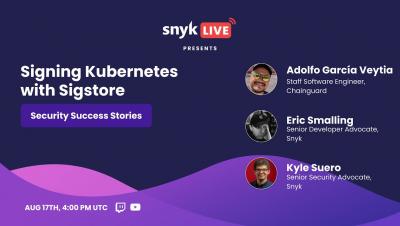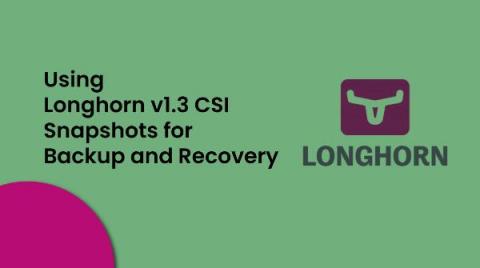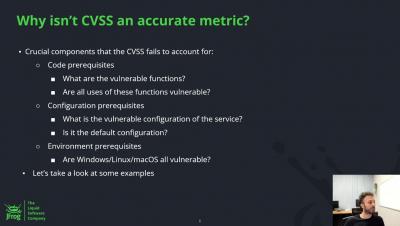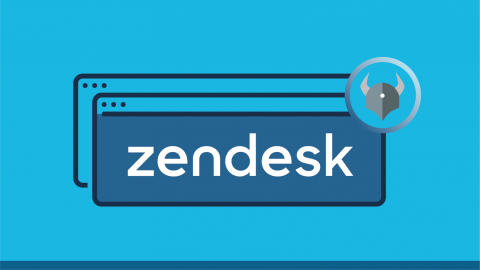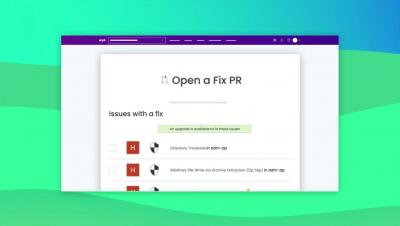Security | Threat Detection | Cyberattacks | DevSecOps | Compliance
DevOps
OPA for All: Policy as Code in 10 Minutes
Open Policy Agent, or OPA, has emerged as an industry standard for cloud-native authorization and policy as code. From 2018 to now, it has grown from being a Cloud Native Computing Foundation (CNCF) sandbox project into a fully mature, graduated CNCF project, deployed by many of the largest organizations in the world. (For just the tip of the iceberg, here is a list of users who have made their adoption of OPA public).
Using Longhorn v1.3 CSI Snapshots for Backup and Recovery
With the release of Longhorn v1.3.0, CloudCasa by Catalogic is happy to announce that it fully supports the backup and recovery of Longhorn persistent volumes (PVs) on Kubernetes clusters. While previous versions of Longhorn supported volume snapshots and the CSI interface, Longhorn v1.3 introduced full support for the CSI snapshot interface so it can now be used to trigger volume snapshots in a cluster.
Black Hat 2022: The CVSS Fallacy - can you trust the world's most popular vulnerability metric?
Untangle the Secrets of your JavaScript Dependencies
Collaborating on Access Control Policies with Open Policy Agent
Zendesk Engineering consists of many teams that own a large number of different domains, ranging from engineering teams that built internal services to teams that work on our various product offerings. One concern that these teams have in common is controlling access to their APIs via fine-grained policies. Some APIs are only available to admins, others to users with a specific set of permissions and some APIs restrict access based on attributes of the data being accessed.
4 Ways to Get Help Managing OPA
Open Policy Agent (OPA) can be a mighty tool for users looking to embrace a policy-as-code approach to authorization. However, learning to decouple policy decisions from your applications with OPA can be a challenge on its own — not to mention deploying and managing those OPA instances at scale.
Learn How to Get Started with Snyk in Less Than 1 Minute | Fast and Free
A Day in The Life of a Food Giant CISO - Sherif Mansour
Securing Your Snowflake Database with Teleport Database Access
Picture this: unfortunately you had to let one of your engineers go. No matter how many times you tried to tell them, after countless interventions and meetings with the engineering lead, they simply wouldn’t stop using tabs instead of spaces. An absolutely unforgivable offense. A few weeks later, suddenly your production Snowflake database is wiped out. You log on to assess the damages and you check the SNOWFLAKE.ACCOUNT_USAGE.QUERY_HISTORY for every user in the system.


